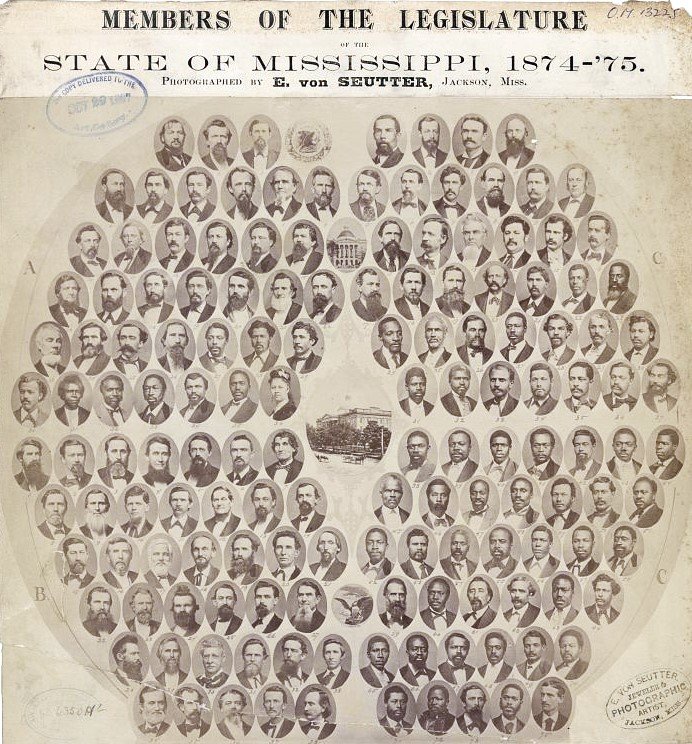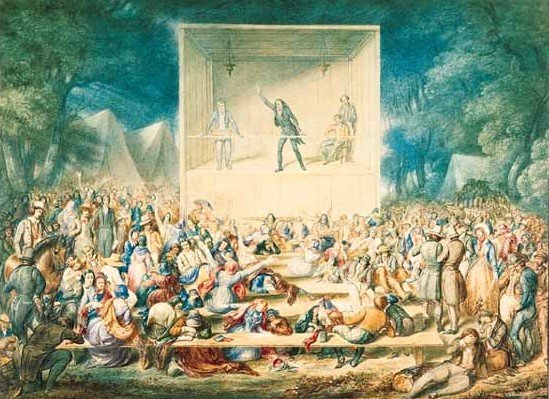
Wide Awake in 1860
In 1860, my four-times great-uncle, Servetus Longley, invented and patented a street-sweeping machine. It’s an ingenious device, with brushes attached at an angle to a set of wheels so that the machine can be pushed along a street. This invention might have made a fortune for Servetus. In fact, in the fall of 1860, the city of Cincinnati, Ohio, granted him a three-year contract to use his machine to clean the streets in the city’s western district. They withdrew the contract a few weeks later and therein lies a tale.

The Real McCoy
When you’re working with Civil War pension files at the National Archives, you never really know what you’re going to get. A soldier’s file could be a few pages or a few hundred. It could include a simple rejection or repeated special investigations. If you’re lucky, it might include something like a photograph or an original marriage certificate. I’ve looked at a lot of pension files over the years and know to expect the unexpected, but nothing could have prepared me for Lewis McCoy. As this photo shows, it was a monster.

Occupation: Legislator
I'm running behind on blog posts because I spent the last several weeks in Washington. DC. working in the National Archives on a project related to the 66th U.S. Colored Infantry (USCI) regiment. In (belated) honor of Black History Month, I’d like to share the stories of two of the enlisted men who served in this regiment during the Civil War.

Friends of Humanity
Some time ago, I wrote about my five-times great-grandfather Thomas Longley, who moved his family from New York City down the Ohio River to Kentucky in 1788. Thomas was a Baptist. I don’t know if he was raised in the denomination or converted at some point, but I know he attended the First Baptist Church of New York City, where he served as a deacon from 1787 until his departure to Kentucky (Parkinson 1846). Thomas continued to practice his Baptist faith in Kentucky, joining the Mays Lick Baptist Church as one of its earliest members (Goins 1980).
